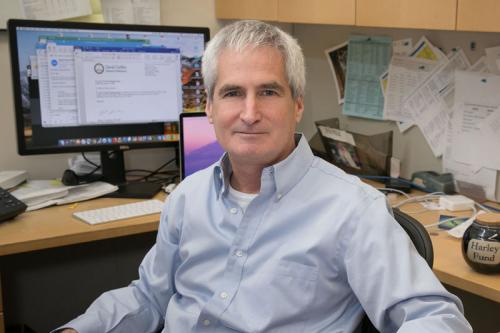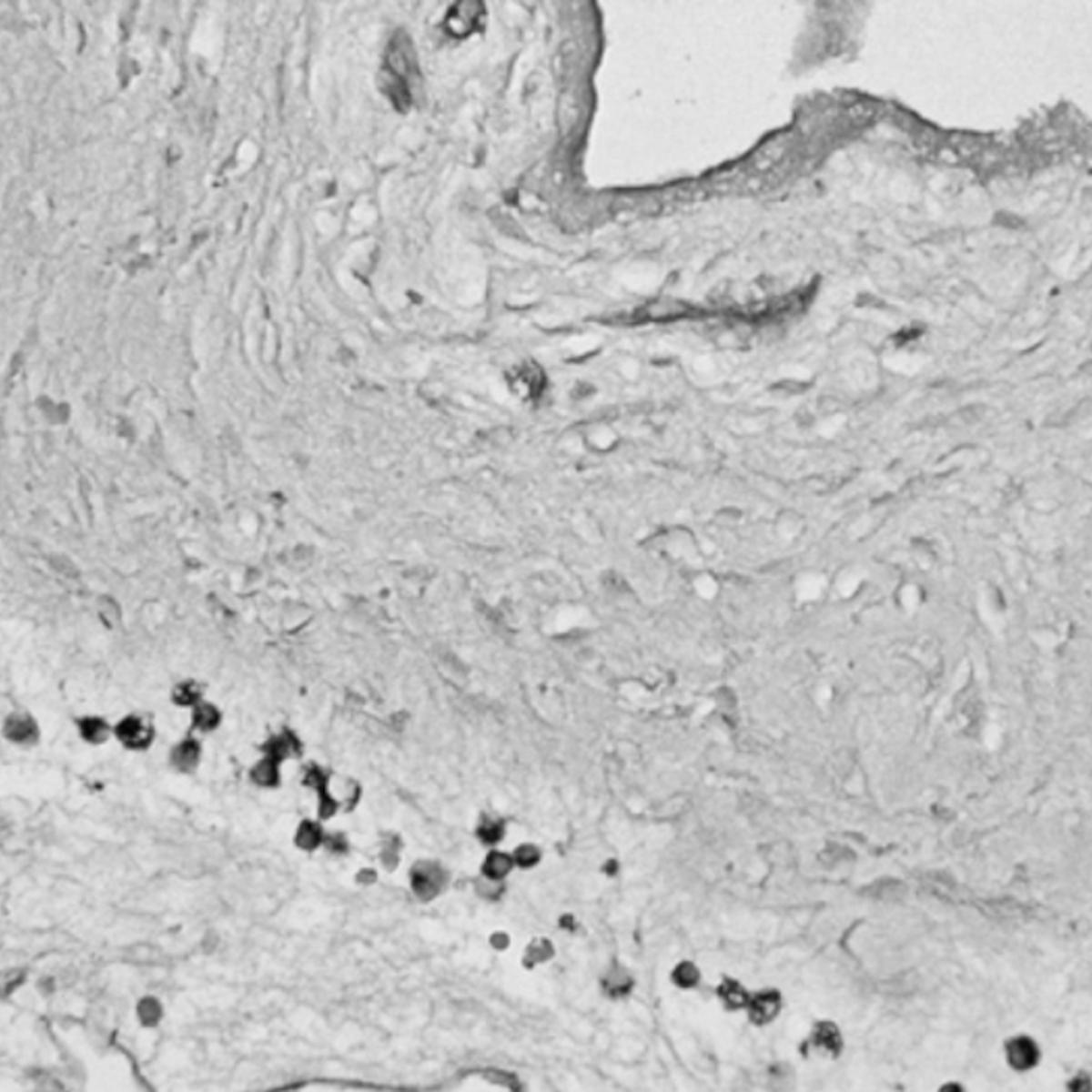
Harley Kornblum, M.D, Ph.D.
- Professor, Psychiatry
- Co-Director, UCLA Intellectual and Developmental Disabilities Research Center
- Professor, Molecular and Medical Pharmacology
- Professor, Pediatrics

Harley Kornblum, M.D., Ph.D., is a pediatric neurologist who studies the genetic and cellular mechanisms underlying healthy and abnormal brain development and the formation of cancers. He hopes his research will lead to new treatments for brain cancers, spinal cord injuries and neurodevelopmental disorders such as autism and cerebral palsy.
Kornblum collaborates with experts in genetics, genomics and bioinformatics to study how stem cells within the brain and spinal cord proliferate, or self-renew, and differentiate to produce brain cells, including the neurons that process and transmit information and the glia that support and protect them. He and his collaborators have discovered numerous genes that regulate this process and are now further investigating these genes to better understand how autism develops, which could inform treatment strategies.
Kornblum also studies how the production of new neurons declines with age in order to develop drugs that promote the growth of new neurons. He is pursuing novel methods to produce spinal motor neurons — the nerve cells of the spinal cord that control muscle movement — from human embryonic and induced pluripotent stem cells. These methods could one day be used to treat spinal cord injuries.
He was among the first researchers to identify cells within human brain tumors that have properties similar to neural stem cells. These cells, commonly known as brain tumor stem cells, are believed to be the root cause of brain cancer and a key factor in its recurrence and resistance to therapy. Kornblum studies how these cells grow and resist treatments in order to develop therapies that disrupt this process.
Kornblum has also highlighted the role of brain tumor vascular cells in promoting brain tumor growth. In a surprising finding, he discovered that one of the mainstays of treatments for brain tumors, radiation, converts brain cancer stem cells to vascular cells through an epigenetic process. These new vascular cells provide trophic support to the remaining cells and interact with the immune system to promote tumor growth. In addition to his discoveries in brain tumor cell biology, Kornblum developed a bank of patient-derived cells that is used by researchers throughout the world in the study of brain tumors.
Research Projects
- Investigating the genes that regulate neural stem cell proliferation and differentiation The process by which stem cells transform into specific, specialized cell types with distinct functions and features. differentiation The process by which stem cells transform into specific, specialized cell types with distinct functions and features. to determine their role in autism development and inform new treatment strategies
- Studying how the production of new neurons declines with age in order to develop drugs that promote the growth of new neurons
- Exploring the growth and treatment resistance of brain tumor stem cells Cells that have the ability to differentiate into multiple types of cells and make an unlimited number of copies of themselves. stem cells Cells that have the ability to differentiate into multiple types of cells and make an unlimited number of copies of themselves., the underlying cause of brain cancer, in order to develop strategies for preventing their proliferation and tumor formation
- Determining the role that tumor vasculature plays in the propagation of malignant glioma
- Pursuing novel methods to produce spinal motor neurons from stem cells, which could one day lead to treatments for spinal cord injuries
Medical Board Certification
- Neurology with Special Qualification in Child Neurology, American Board of Psychiatry and Neurology, 1997
Fellowship
- Pediatrics/Neurology, David Geffen School of Medicine at UCLA, 1994
Residency
- Pediatrics, David Geffen School of Medicine at UCLA, 1991
Internship
- Pediatrics, David Geffen School of Medicine at UCLA, 1990
Degrees
- M.D., UC Irvine School of Medicine, 1989
- Ph.D., UC Irvine School of Medicine, 1985
